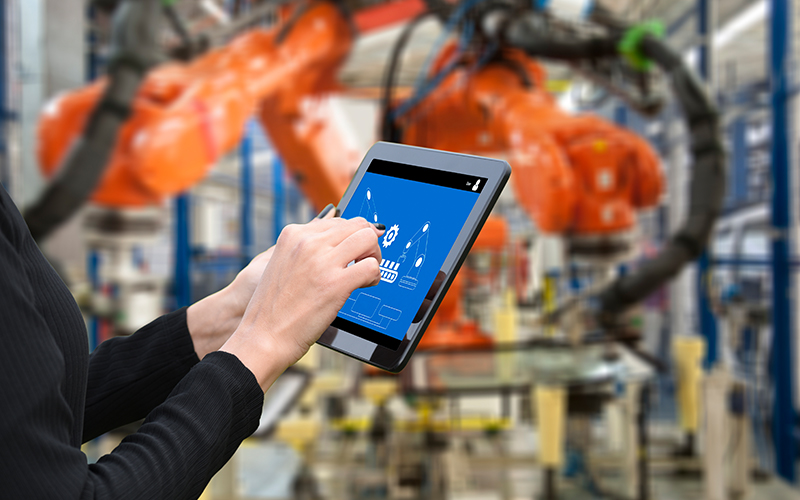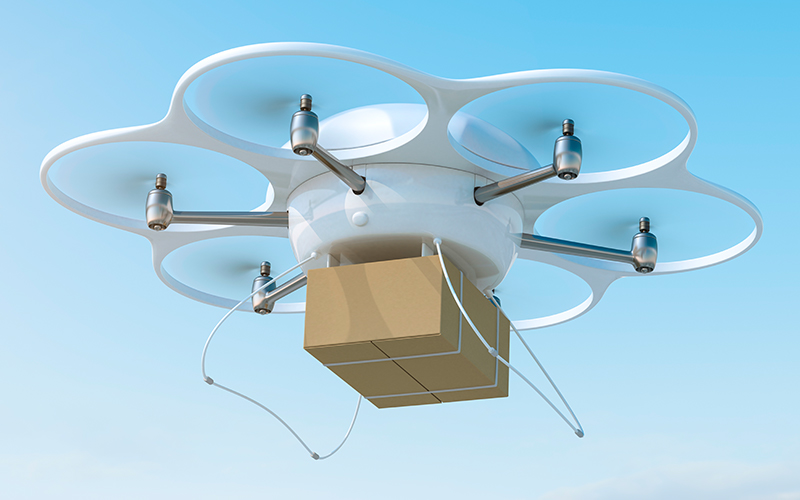Robotic Process Automation
5 RPA Trends to Note as Bots become All-Pervasive
If you aren't already aware of what Robotic Process Automation (RPA) is, you should be now, especially with the advancements expected in 2024. That's because the industry demand for RPA services and technologies have been growing insatiably year-on-year, with research reports estimating a total spend on the technology as all set to cross the billion-dollar mark this year.
Here's a quick primer on what the buzz is all about, and some trends driven by RPA that you should be looking out for.
Robots in business processes
The robots that automate business processes are actually software programs capable of carrying out actions on a computer interface that would otherwise have been done by human employees. For example, robots, using certain pre-programmed rules, can copy and paste data across software applications, trigger and execute application commands, and also send and receive data from other systems.
So, whether it is processing insurance claims or scanning medical records, if the work is rule-based and repetitive, robots (also known as bots) can be used to automate many of the processes involved.
Since RPA bots neither need rest nor make mistakes, they can process large volumes of work with high efficiency at minimal costs. It also enables human employees to focus on and take on more challenging, complex, and meaningful work. Even as RPA adoption increases and matures, this technology promises to offer businesses across the spectrum beyond just cost reduction and efficiency. This can also improve resolution rates and deliver consistency, while enhancing both employee and customer experience.
Five noteworthy RPA industry trends
As the bots continue to take industries by storm, driving transformations in their wake, here are four noteworthy trends you're likely to see going forward:
1. The scale of RPA implementations will grow
Enterprises across industries are seeking to benefit from the automation wave that addresses numerous challenges as an efficient, cost-effective alternative to traditional processes. However, for large-scale RPA implementation and deployments to be truly effective, organisations will need to accurately assess specific processes that require automation and parallelly invest in enterprise-wide change management and employee reskilling programs.
2. RPA will be the gateway to other technologies in the digital toolbox
Enterprises will begin to consider augmenting RPA's capacities using artificial intelligence, analytics, and machine learning for an intelligent automation approach that enhances productivity. The congruence of these technologies is what will truly deliver a transformational impact.
3. Business and IT will increasingly align
As intelligent automation continues to grow with new, developed and improved AI techniques coming to the market, businesses will have to understand which processes need to be transformed and what solutions need to be applied, by aligning with IT and utilising the technology to ensure better and effective decision-making.
4. The job market's concerns about RPA's impact will reduce
The early debates about massive job losses due to automation have begun to die down as the increasing deployment of this technology opens up new avenues of collaboration between humans and machines to solve challenging business problems. With that being said, traditional professions will evolve and employees will need to embrace the skills of unlearning and relearning to thrive in the future of RPA.
5. The scope of RPA solutions will widen to include blue-collar work
While RPA's early wins have been in automating extremely mundane and repetitive tasks requiring minimal decision-making, this is already changing, and fast,as companies look towards the future of RPA. Coupled with increasingly complex machine learning and artificial intelligence algorithms, bots are already processing a wide array of blue-collar work across fields with use-cases in medical care, legal, HR, retail, finance, insurance, and customer service.
RPA is no longer a fad that the business world can afford to ignore. The coming era will be one where enterprises will bolster human creativity and ingenuity through the widespread deployment of Robotic Process Automation. Businesses should aim to solve increasingly complex business challenges rather than merely seeking to cut costs, as they move forward.






